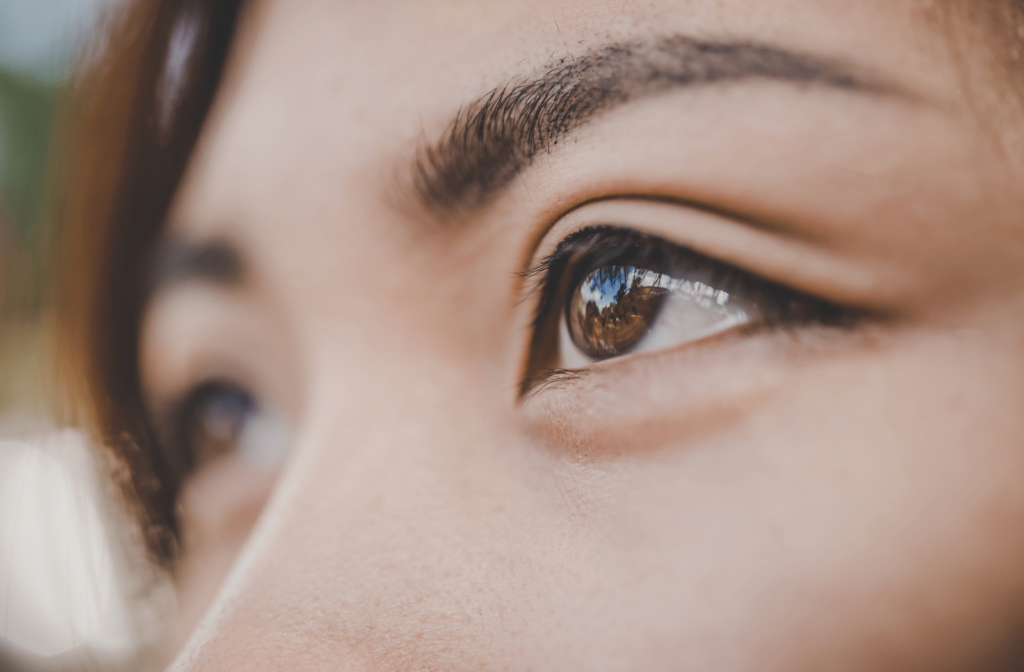With the advances in laser eye surgery technologies, it is becoming more popular all the time. If you’ve been considering it, you may be wondering if there are any special considerations regarding the surgery aftercare.
If there are any special things that your eye doctor recommends, they can go over anything particular to your situation during the comprehensive eye exam and laser eye surgery consultation.
This article explores a couple of common laser eye surgery options and the general dos and don’ts associated with their aftercare.
Common Laser Eye Surgery Options
There are around eight main eye surgery options. The following three are some of the most common you’ll encounter:
LASIK
Also known as laser-assisted in situ keratomileusis, LASIK is a household name that most people have heard of. In many cases, this laser eye surgery can be used to correct astigmatism or near and farsightedness.
It’s a relatively quick procedure, typically around half an hour from start to finish. And the healing time is usually quick. Your eye doctor can give you more precise details about healing time and precautions to take based on your particular situation.
PRK
Also known as photorefractive keratectomy, this laser eye surgery is increasing in popularity. PRK is similar to LASIK in the sense that an eye doctor is still using a laser to reshape the cornea. A major difference between the two eye surgeries is that PRK is a flapless surgery. Without leaving a flap on the eye, there’s one less thing to potentially cause complications, although it does require a longer healing time and usually a bit more discomfort during that period.
Even someone who suffers from dry eyes or has a thin cornea may still be a candidate for PRK, where they probably wouldn’t be able to get LASIK.
RLE
Also known as refractive lens exchange, this eye surgery is very similar to cataract eye surgery. It’s another great alternative to LASIK should you not be a candidate for some reason. Essentially, during RLE, the eye’s natural lens is removed through a small incision and replaced with an artificial one.
In the same way that LASIK or PRK reshapes the cornea, RLE is still an effective way to reduce or eliminate the need to wear contacts or eyeglasses. This surgery is most often applicable for older patients who already need a reading or near correction in addition to needing distance glasses or contacts.
Tips for Staying Comfortable After Laser Eye Surgery
Generally, most laser eye surgery healing time is pretty quick, and major complications are rare. However, some side effects may cause mild discomfort. These are rarely prolonged and typically don’t cause any damage.
Symptoms you may experience after laser eye surgery include:
- Sensitivity to bright lights.
- Dry and itchy eyes, which is why people with untreated (and severe) dry eye syndrome are often not candidates.
- Irritation or possible infection, which is why your eye doctor will likely want you to follow up several times after the surgery.
As temporary or mild as these symptoms may be, it’s still important you know how to keep yourself comfortable and assist your eyes in healing. Here are some ways that you can improve your comfort and reduce side effects or complications after eye surgery:
- Don’t shower for the first day after the surgery, and avoid getting water from the shower or washing your face for the first few days.
- Don’t rub your eyes for at least a month.
- Don’t drive until you’re comfortable with your new vision. Your doctor will likely recommend when to start driving again.
- If your eye doctor provides goggles or eye shields for sleeping, ensure you wear them.
- Avoid saunas, hot tubs, swimming pools, or lakes for a few weeks after the surgery.
- Avoid dirty or dusty areas for at least a week.
- Attend all follow-up appointments with your eye doctor to ensure that everything is healing as it should.
- Take all eye drops or medications recommended and prescribed by your eye doctor.
Other than these general tips for staying comfortable after eye surgery, follow all your optometrist’s recommendations.
When to Call the Eye Doctor
While some of these symptoms can be mildly irritating, they aren’t typically an emergency. You’ll also be following up with your optometrist several times after the eye surgery to ensure there are no complications.
However, if you experience any of these symptoms between visits, you should call the eye doctor as soon as possible:
- Sudden intense discomfort
- Decreased vision
- Redness
- Discharge from your eye
Finding Out of Laser Eye Surgery Is Right for You
As far as technology has come for laser eye surgery, it’s still not for everyone. The first step to finding out if you’re a candidate is to book a comprehensive eye exam with your eye doctor. Because before discussing your laser surgery options, the optometrist has to confirm your eye health and take several measurements.
If you’re tired of wearing glasses or contact lenses and want to learn more about laser eye surgery. Give our office a shout, and the helpful staff at Red Deer Eye Care is happy to answer all your questions and book you in to see one of our optometrists.



